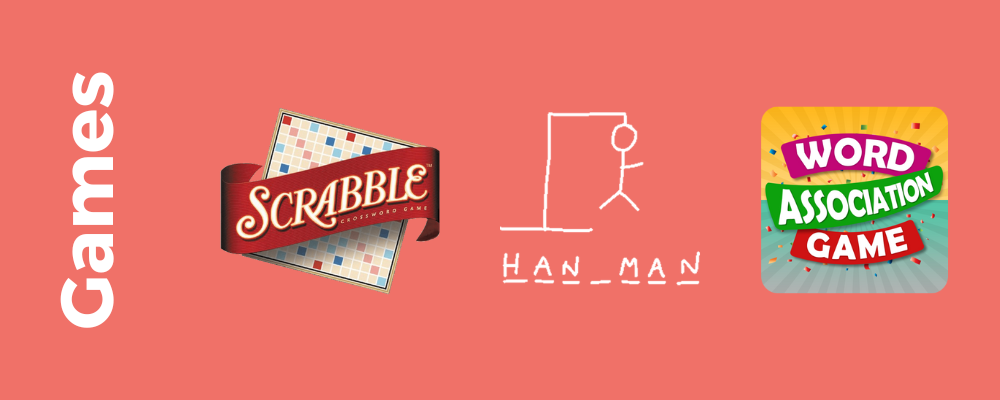
English proficiency is crucial in today’s world. It has become a universal language for communication in various fields such as business, education, and travel.
However, many people struggle to improve their English proficiency. Fortunately, there are several ways to enhance your skills.
In this blog post, we will provide more clarity on the different levels of English proficiency and give you tips on how to improve your English skills.
Understanding the Different English Levels
English levels are used to measure a learner’s proficiency in the language. They help to categorize learners based on their skills in vocabulary, grammar, listening, speaking, reading, and writing.
The different levels, such as A1, A2, B1, B2, C1, and C2, represent various stages of language proficiency.
This system helps learners set realistic goals, track progress, and evaluate language skills consistently and objectively. Here’s a brief overview of the Common European Framework of Reference for Languages (CEFR) levels A1-A2, B1-B2, and C1-C2:



Read in English
Reading is an important activity for improving English language skills. It can help you learn new words, understand grammar rules, and improve your comprehension and writing.
By reading books, you can also learn about different cultures and perspectives, which can help you communicate more effectively with English speakers from various backgrounds.
Here are the main benefits of reading for improving English:
- Vocabulary expansion
- Grammar improvement
- Comprehension skills
- Writing skills
- Cultural knowledge
- Critical thinking
Start with simpler texts and gradually increase the difficulty level. Here are some examples of books to read for different English levels:
Beginner (A1-A2): "The Cat in the Hat" by Dr. Seuss. This book is ideal for beginners as it uses simple language and has a fun story that will keep you engaged. Intermediate (B1-B2): "Harry Potter" series by J.K. Rowling. These books are great for intermediate readers as they have an engaging story and use a wide range of vocabulary. Advanced (C1-C2): "Game of Thrones" series by George R.R. Martin. These books are great for advanced readers as they use complex vocabulary and have a complex plot.

Consider Taking Online Courses
Free online courses are a great way to improve English language skills. These courses offer a variety of materials, such as videos, audio, and written texts, which can help learners to improve their listening, speaking, reading, and writing abilities.
Furthermore, you can choose courses that are more suited to your level of English and specific interests, making the learning experience more personalized and engaging.
Reasons why you should consider taking online courses:
- Flexibility
- Accessibility
- Variety
- Interactivity
- Cost-effectiveness
- Improved language skills
Duolingo is designed to be fun and interactive and includes listening, reading, writing, and speaking exercises.
Alison is a free online learning platform that offers English language courses for beginners, intermediate, and advanced learners.
edX is an online learning platform that offers free courses from top universities around the world.

Listening to Podcasts
Listening to podcasts is an incredible way to improve your English language skills. Podcasts can help you to improve your listening and comprehension skills, which are important for communicating effectively in English.
Additionally, listening to podcasts can be a fun and engaging way to learn about different topics and cultures. Here are the main benefits of listening to podcasts for improving English:
- Exposure to natural English
- Improvement of listening skills
- Expansion of vocabulary
- Development of pronunciation
Here are some podcasts that we highly recommend you listen to:
"English as a Second Language (ESL) Podcast" features lessons on grammar, vocabulary, and pronunciation. “6 Minute English" by BBC Learning English features short, six-minute episodes. Each episode includes a transcript and vocabulary notes to help learners follow along. "TED Talks Daily" offers short, informative talks on a variety of topics. They are a great way to improve your listening and comprehension skills in English, while also learning about interesting ideas and topics.

Learning English Can Be Fun!
Playing games can be a fun and engaging way to improve your English language skills. These games can help learners practice spelling, expand their vocabulary, and improve their pronunciation.
Moreover, playing games can be a social activity that improves language skills through practice and interaction with others. Consider playing any of these incredible free-to-play games:
Scrabble
- Expands vocabulary
- Improves spelling
- Enhances strategic thinking and problem-solving skills
- Boosts memory and concentration
- Helps with language acquisition and retention
Hangman
- Develops spelling and vocabulary skills
- Enhances deductive reasoning abilities
- Encourages critical thinking and problem-solving
- Helps improve memory retention
- Provides a fun and engaging way to learn new words
Word Association
- Increases vocabulary knowledge and usage
- Enhances creativity and imagination
- Improves word association skills
- Helps with learning idioms and phrasal verbs
- Encourages active listening and effective communication

The most important part of learning is not being afraid to challenge yourself, make mistakes, and learn from them. With dedication and perseverance, you can become a more confident English speaker. Good luck on your language-learning journey!
If your English level is between B2, C1, or C2 and you meet our core values and other requirements, we highly encourage you to apply for one of our seven incredible positions by clicking HERE!



